Medical Astrology and Its Significance
Medical astrology is an ancient practice that connects the movements of planets and stars with the health of the human body. It has played an important role in the traditions of various cultures, especially Bharat. By exploring this connection between cosmic forces and human life, medical astrology provides a fascinating perspective on health and well-being.
The universe and the human body share a unique relationship. For instance, the Moon controls the ocean tides, and the human body, being about 70% water, is believed to be similarly affected by the Moon’s pull. If the Moon can influence such vast water bodies, it stands to reason that it might have an impact on our physical and emotional states too. Medical astrology builds on such ideas, suggesting that planets and other celestial forces influence the body’s functioning and well-being.
Historical Roots: Astrology in Indian Medicine
Medical astrology has a long history in India, where it has been intertwined with Ayurveda, the ancient system of medicine. The sages of ancient India studied astrology (Jyotish Shastra) as a core part of their knowledge. They believed that understanding planetary movements was essential to maintaining harmony between the body, mind, and soul. Charts, or janam kundlis, were often referred to for diagnosing illnesses or choosing the right remedies.
Sanatan texts like the Atharva Veda mention the use of astrological knowledge in health practices. The connection between the ‘nakshatras’ (constellations) and diseases or healing remedies was deeply studied. For example, certain phases of the Moon were considered more favorable for making herbal medicines or performing cleansing rituals. Even today, many traditional Indian healers and astrologers incorporate these ancient techniques into their practice.
Prominent figures like Maharishi Sushruta, the father of surgery, referred to cosmic influences when studying the human body and its ailments. Similarly, astrologers were often consulted alongside Ayurveda practitioners to identify root causes of illnesses and align treatment with planetary conditions.
Medical astrology has been practiced for thousands of years in ancient cultures like Greece, Rome, and the Arab world. Famous physicians like Hippocrates said that doctors should know astrology to truly understand the human body. Paracelsus, a well-known healer, also used astrology to treat his patients. In medieval times, people believed that understanding the stars helped doctors heal the body, as it was seen as a smaller version of the universe.
The Connection Between Body and Cosmos
In medical astrology, the 12 Zodiac signs are linked with different parts of the body, and this idea also features in Indian traditions. For example:
- Aries is associated with the head and brain, symbolizing intelligence and activity.
- Taurus connects to the throat and neck, often linked with vocal strength and communication.
- Leo, the sign of power, governs the heart, considered the seat of courage and emotions in Indian philosophy.
Astrologers in India often analyze birth charts to identify possible health challenges. For example, they may find an imbalance related to Mars and suggest remedies for blood pressure or inflammation, as Mars is considered a fiery planet governing energy and blood flow.
A Holistic Perspective in Indian Knowledge System
Medical astrology focuses on the balance between the physical, emotional, and spiritual aspects of health. Indian philosophy emphasizes this connection through systems like Ayurveda and Yoga. For instance, an astrologer might explain a digestive issue not only as a physical problem but as an outcome of stress caused by planetary conflicts like Saturn and Moon influences. Remedies in such cases may include meditation, breathing exercises (pranayama), or calming rituals to restore balance.
In Indian traditions, doshas (Vata, Pitta, and Kapha) are also seen as being influenced by planetary forces. A person whose chart shows an overactive fiery planet like Mars may be more prone to a "Pitta" imbalance, causing heat-related issues like acidity or skin rashes.
Timing of Treatments According to the Stars
Astrologers often consider planetary positions and Moon phases to determine auspicious timings for medical treatments or surgeries. This is rooted in the belief that certain days and times amplify the chances of success. For example, Mondays, ruled by the Moon, are often recommended for healing activities, as the Moon is thought to support growth and recovery. Similarly, making herbal medicines during a waxing Moon phase is believed to enhance their potency, a practice still followed in some Ayurvedic traditions.
Criticism and Modern Relevance
Although medical astrology lacks scientific validation, it remains an integral part of Indian culture. Many people still consult astrologers for health advice alongside modern medicine. While science sees astrology as a pseudoscience, individuals use it as a tool for self-reflection and stress relief. For instance, people seek guidance during uncertain times, believing that planetary remedies like wearing gemstones or chanting mantras can influence their well-being.
In contemporary India, medical astrology is often blended with modern holistic approaches, including yoga, Ayurveda, and naturopathy. This fusion has gained popularity among those seeking alternatives to traditional Western medicine.
A Cosmic Conclusion
Medical astrology reminds us of the age-old wisdom that humans are part of a larger, interconnected universe. While it cannot replace the advancements of modern medicine, it adds a spiritual dimension to health, focusing on balance and harmony.
In India, where tradition and modernity often walk hand in hand, medical astrology continues to offer insights into the rhythms of life and health. Whether as a tool for self-awareness or a link to the wisdom of the past, it serves as a gentle reminder of our deep connection to the cosmos. For those curious enough to explore it, medical astrology can be a bridge between the ancient skies and the present-day understanding of the human experience.


.jpeg)
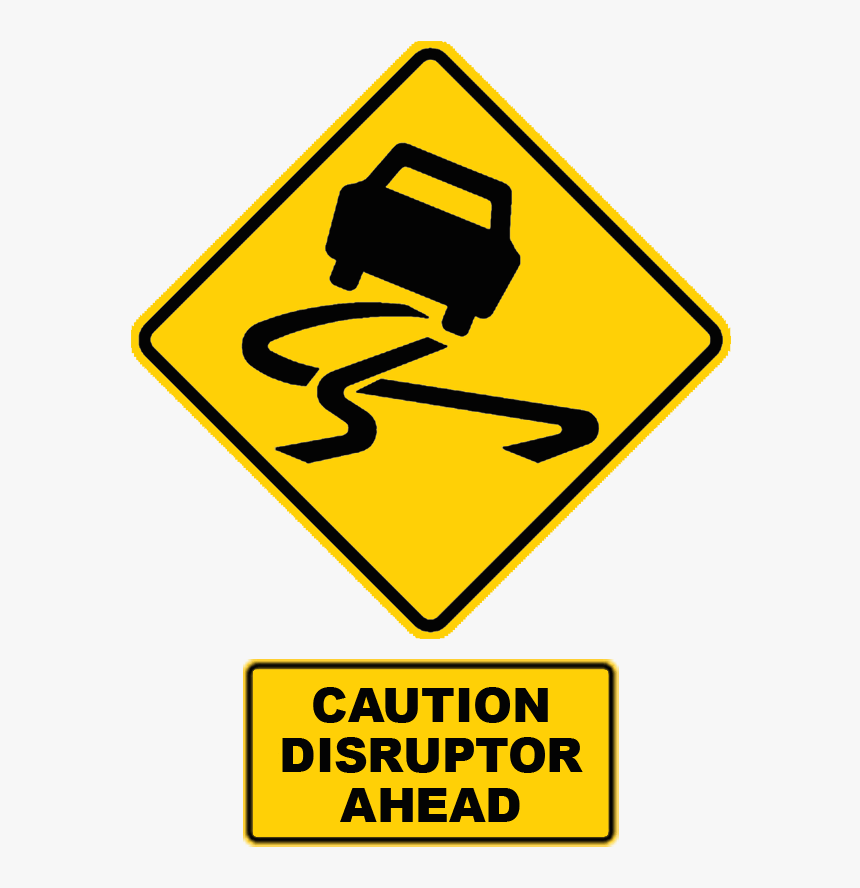
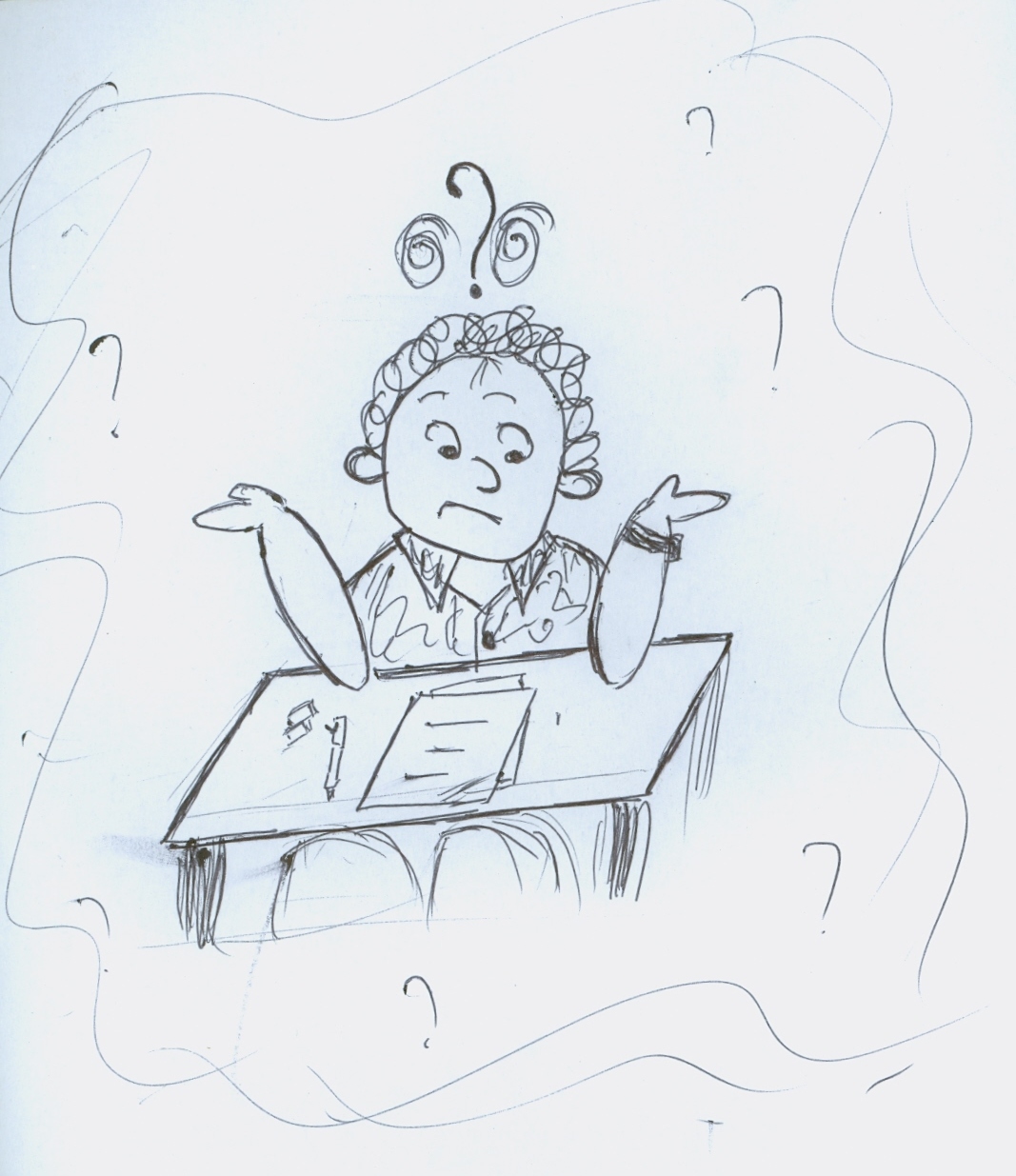


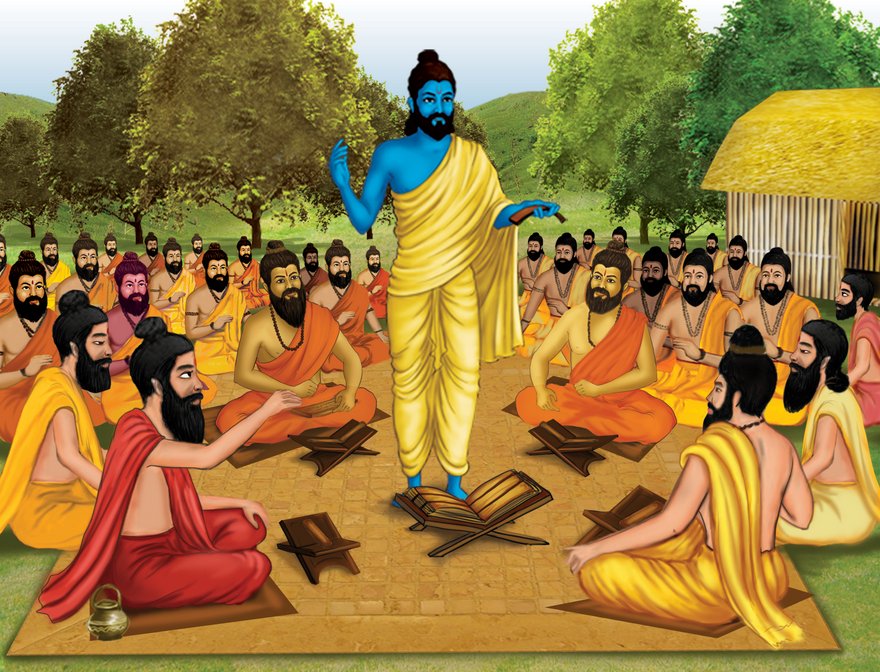
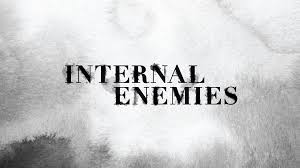
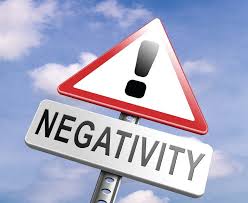


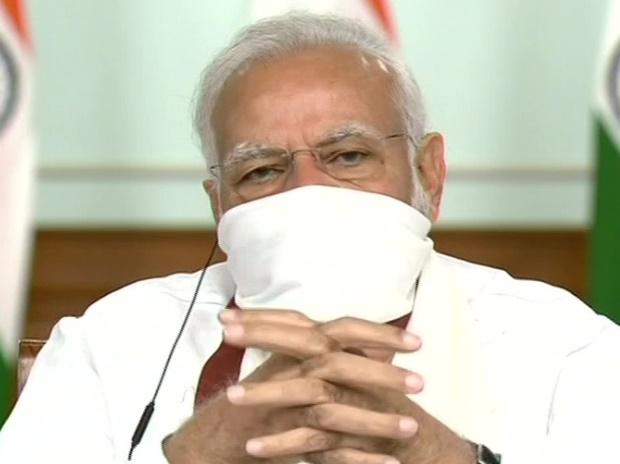
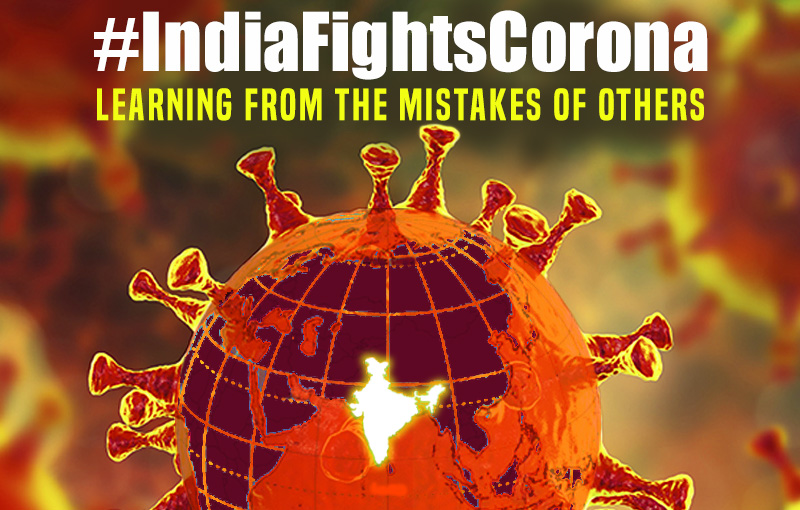
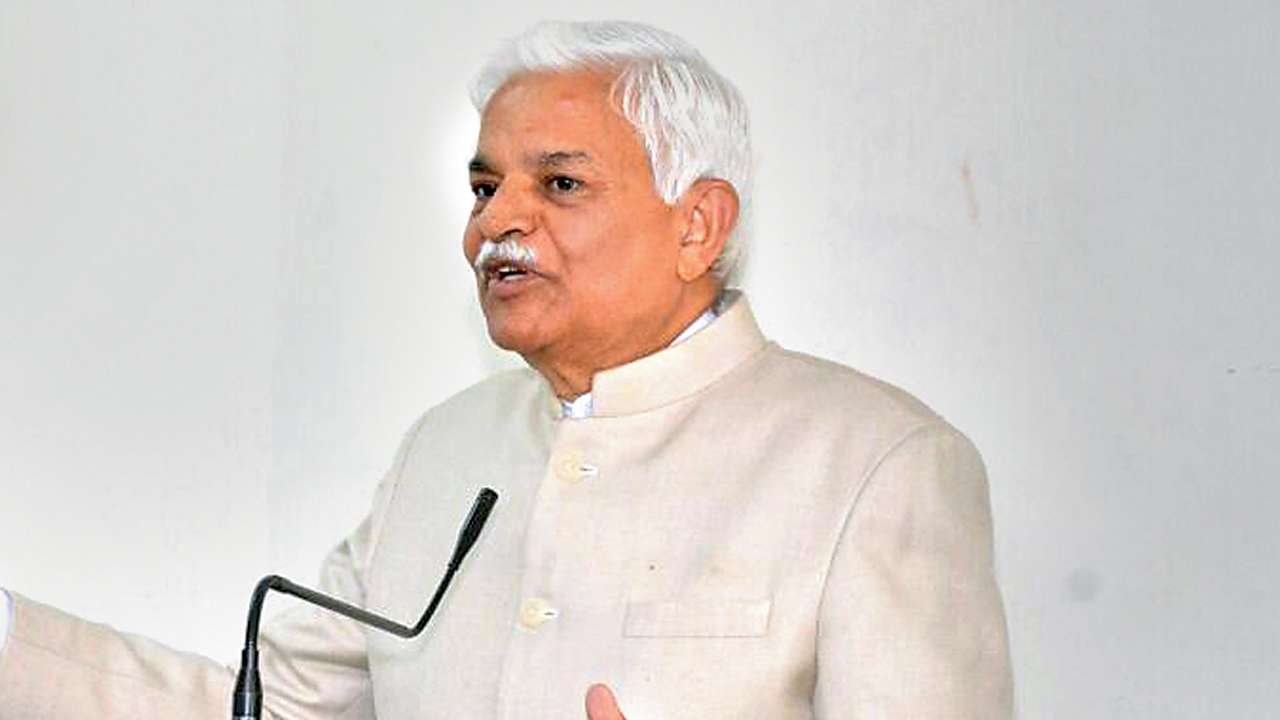

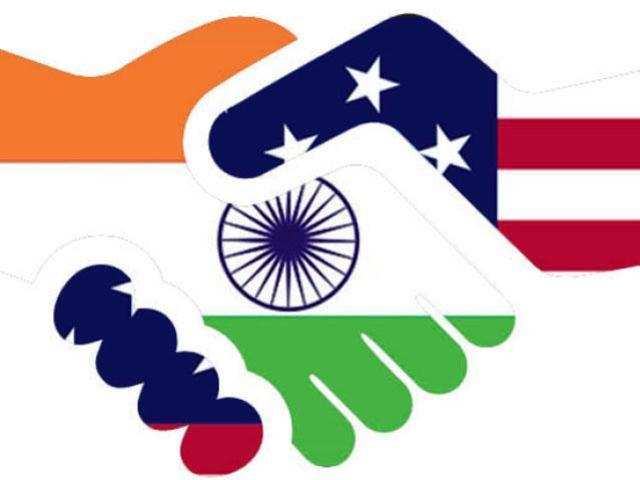
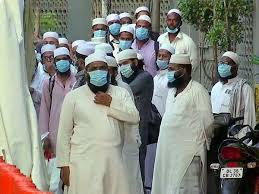
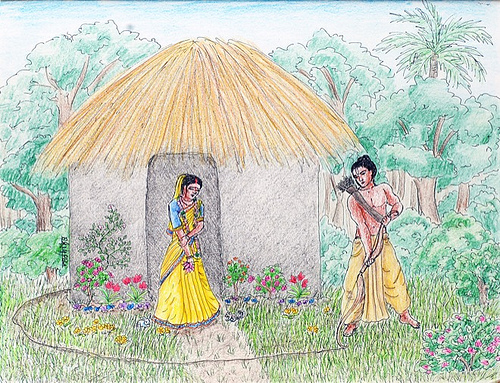

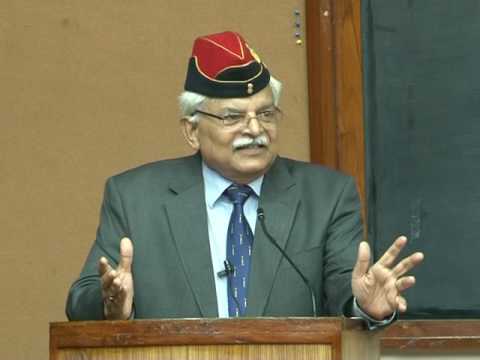
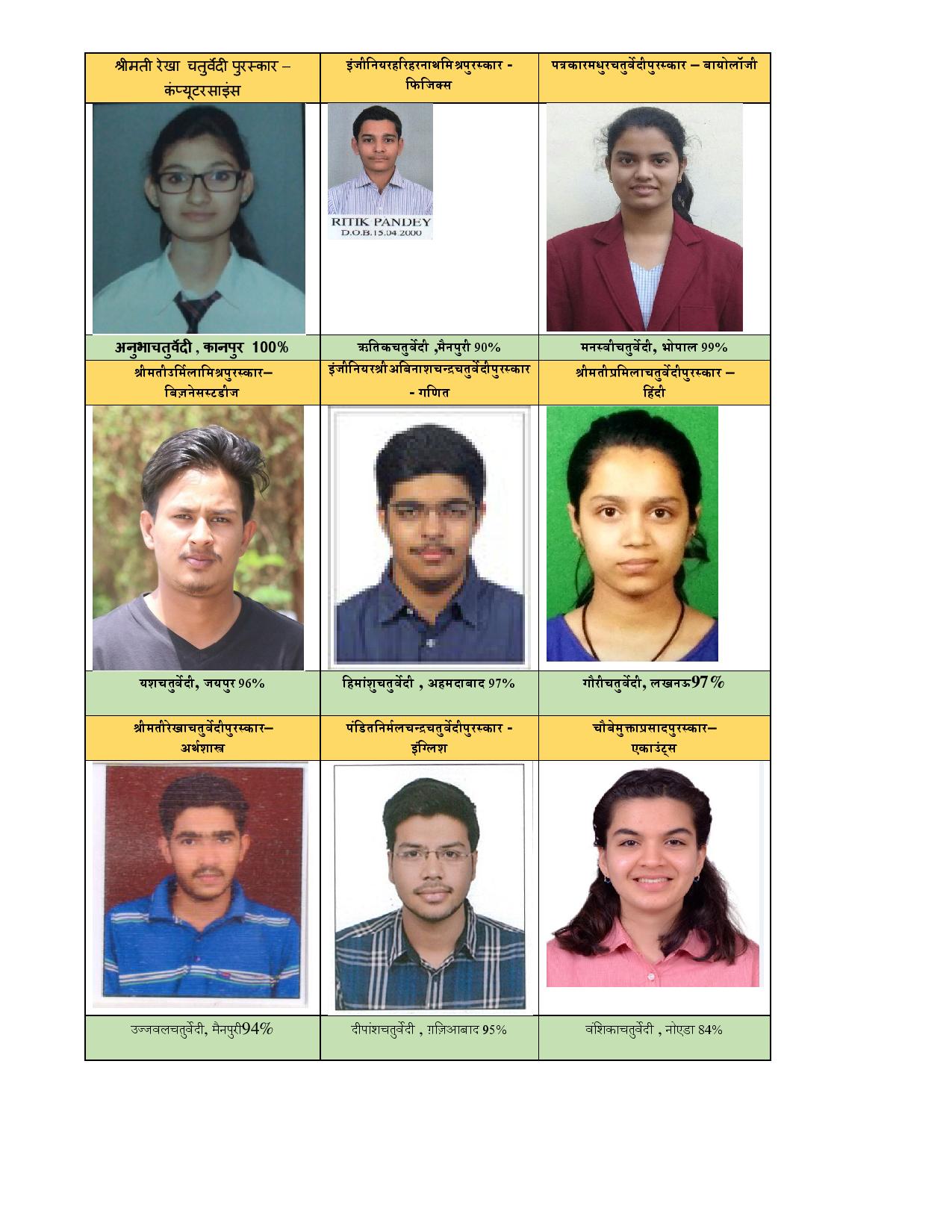

Feed from WhatsApp